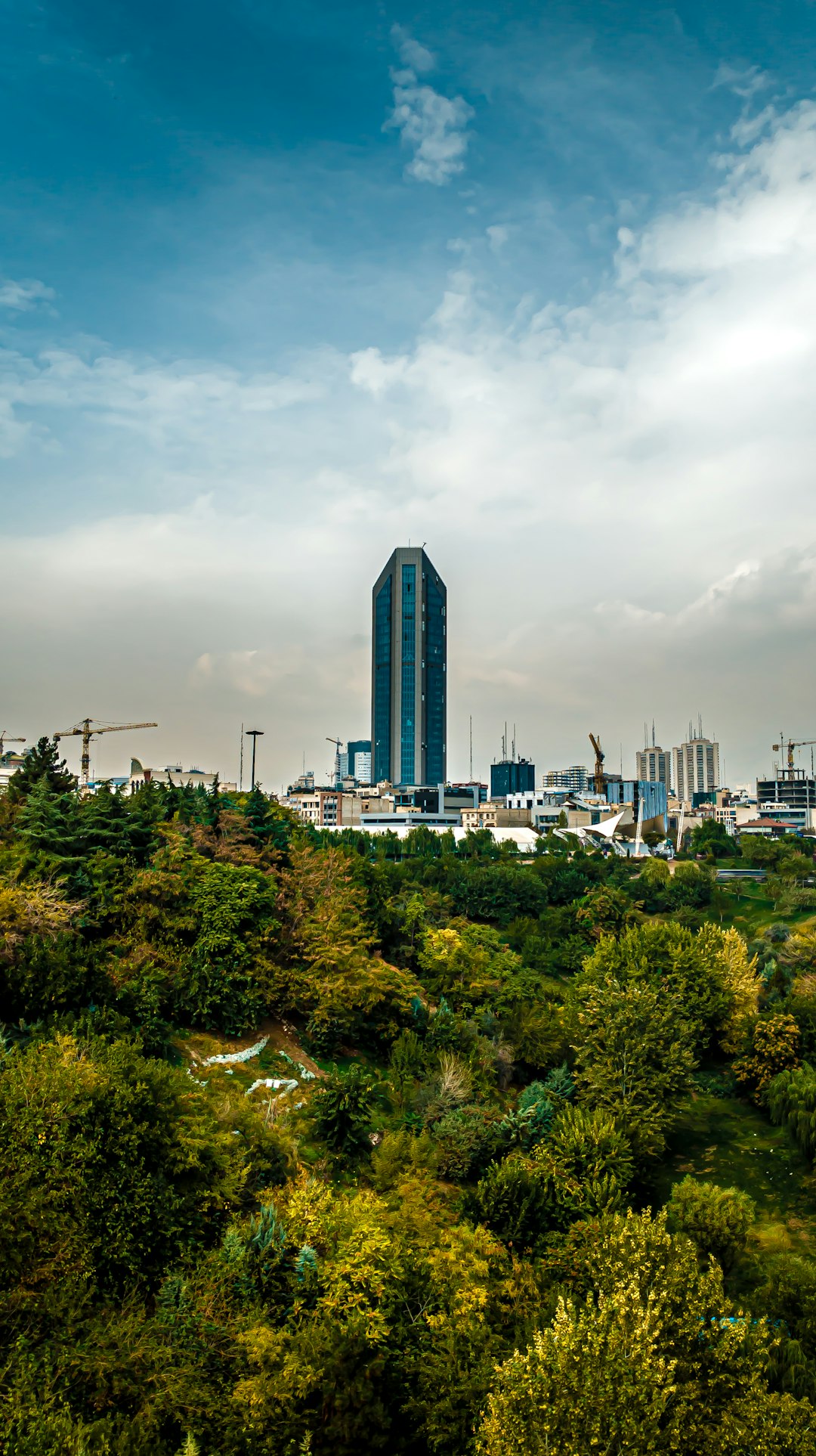From Seoul to the Sahara: The Many Threads Linking South Korea and the Middle East
Walk down a street in Seoul and you might smell cardamom-scented coffee drifting from a new Shisha café. Stroll through Riyadh’s Boulevard City and you’ll hear BTS lyrics blasted from phone speakers. The 7,000 kilometers that separate the Korean Peninsula from the Arabian Desert feel a lot shorter these days, and that shrinking distance explains why any development in one region can set off diplomatic alarms in the other.
Below, we untangle some of the key people, places, technologies, and ideas that sit at the crossroads of South Korean and Middle Eastern affairs—and why they matter far beyond headlines.
A Presidency in a Country of Lees
• Lee is Korea’s second-most common surname, borne by roughly 15 percent of the population. It traces back to the royal House of Yi that ruled the Joseon Dynasty for more than 500 years.
• Modern South Korea has had three presidents named Lee (spelled Lee, Yi, Rhee, or even Li in different systems). Each served at moments when Seoul was redefining its relationship with the wider world—from Cold-War realignment to green-tech evangelism.
• Presidential attention to Middle Eastern affairs is not new: state visits began in the 1970s when Korean laborers were laying highways in Saudi Arabia, and today Korean leaders routinely stop in Abu Dhabi or Doha on the way to global summits.Oil Barrels and Petro-Won: Energy as the Original Connector
• South Korea imports more than 70 percent of its crude oil from the Middle East. Without those tankers, the neon lights of Gangnam would dim in a matter of weeks.
• The 1973 oil shock was a formative national memory; it convinced planners that energy security is existential. That moment still shapes Seoul’s global diplomacy, explaining everything from its investment in Canadian shale fields to its courting of Gulf monarchs.
• Surprise twist: Korea is now exporting energy know-how back. The $24 billion Barakah nuclear complex in the United Arab Emirates—built by a Korean consortium—is the Arab world’s first commercial nuclear power plant.From Construction Camps to K-Pop Stages
• In the late 1970s, tens of thousands of Korean welders, electricians, and crane operators lived in prefab “Little Seouls” across the Gulf, earning wages that would seed future Korean conglomerates.
• Forty years later, Korean boots on Middle Eastern ground come adorned with dance-practice sneakers: K-Pop concerts in Riyadh, Dubai, and Cairo sell out in minutes.
• K-Drama viewership in the region jumped 43 percent between 2020 and 2023, prompting streaming services to add Arabic subtitles on day-one releases.Halal Kimchi and Dates-Flavored Soju Alternatives
• Daesang Corp. now makes a halal-certified kimchi for export to Muslim-majority countries, using fish sauce substitutes that mimic traditional flavors.
• A new wave of Korean beverage startups has created date-syrup mocktails styled after soju cocktails—an unexpected mash-up that caters to both health-conscious Koreans and alcohol-restricted audiences abroad.
• Academic twist: Food anthropologists note that gochujang and harissa share fermentation techniques, hinting at ancient Silk Road culinary exchanges.Weapon Systems and Peacekeeping Robots
• South Korea’s K9 “Thunder” howitzer and Cheongung II missile defense system have found buyers from Egypt to the UAE, illustrating Seoul’s leap from consumer-electronics powerhouse to defense exporter.
• Meanwhile, Korean startups are testing AI-guided de-mining robots in Jordan’s desert, drawing on robotics expertise honed in Samsung factory floors.The Green Hydrogen Gambit
• The Gulf states have sun; Korea has fuel-cell cars. Together they are piloting green hydrogen corridors that could make ammonia-filled tankers a common sight in Busan’s port by 2030.
• If successful, the partnership might let both regions leapfrog beyond oil: the Middle East diversifies its economy while South Korea decarbonizes heavy industry.Migration, Memory, and the “Small-Power, Middle-Power” Phenomenon
• Roughly 160,000 Koreans have lived and worked in the Middle East since the 1970s; Emirati universities now host Korean language electives.
• Political scientists speak of “middle-power diplomacy,” where countries like South Korea mediate between great powers in conflict zones. Analysts cite Korean peacekeeping in Lebanon (UNIFIL) as a template for tech-savvy humanitarian missions.
• The broader trend: as supply chains globalize, nations once considered peripheral to each other increasingly share the same strategic map—making physical distance far less relevant than network distance.What’s Next: Smartphones, Spaceports, and Soft Power
• Saudi Arabia’s Vision 2030 includes a $500 million media partnership with major Korean entertainment agencies to co-produce dramas set in both Riyadh and Seoul.
• The Korea Aerospace Research Institute (KARI) is discussing satellite-launch collaboration with the UAE Space Agency; a joint weather-satellite constellation could monitor dust storms that affect flights from Incheon to Istanbul.
• Even Samsung Pay is in on the action—its recent Arabic-language rollout illustrates how fintech often gallops ahead of formal diplomacy.
Why It All Matters
A comment from a Korean president about urgency in the Middle East is more than diplomatic noise; it is a reminder that our 21st-century challenges—energy transitions, supply-chain shocks, cultural curiosity—cobble together unlikely partners. The story of South Korea and the Middle East shows how globalization is no longer just East-meets-West but East-meets-Middle-East in a feedback loop of oil, pop songs, nuclear reactors, and halal kimchi. Keeping an eye on that loop isn’t just prudent policy; it’s an invitation to watch history being remixed in real time.
This article was inspired by the headline: 'South Korea’s President Lee says Middle East situation is ‘very urgent’’
